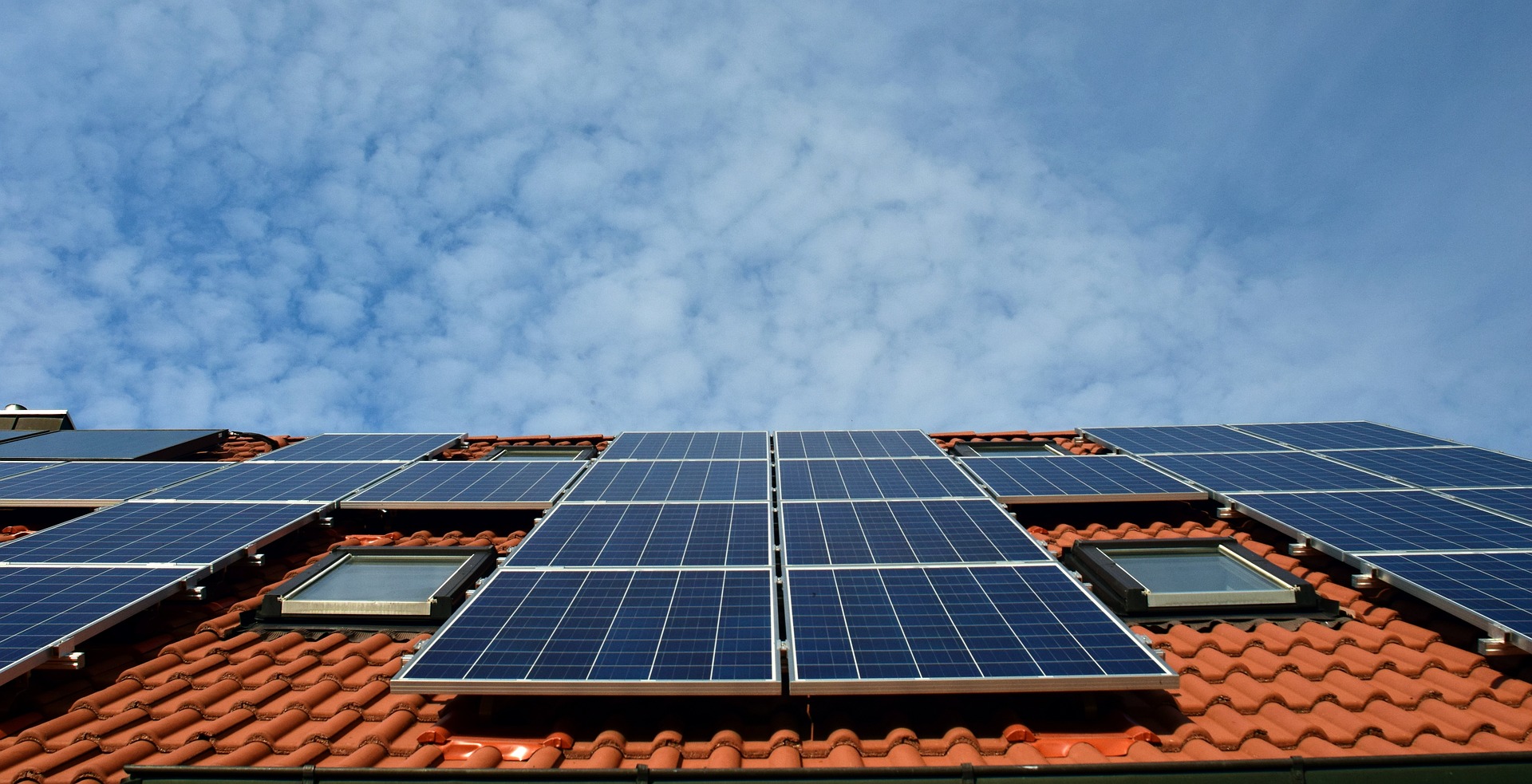Today’s homes are more than just a place to rest our heads at night. They’re also where we spend most of our time during daylight hours. Your home is also one of your biggest monthly expenses. So, wouldn’t it be great if you could cut those costs and still have a fantastic place to live? That’s where solar power comes in!
All you need is the right information to start turning your home (or apartment) into a sustainable space with solar power. This blog post will share some basic information on how solar power can benefit your home environment and help you achieve that sustainable living space.
What is solar power?
Solar power is a clean and renewable source of electricity produced by photovoltaic panels (or PV panels). PV panels are semi-conductive materials that generate an electrical current when exposed to light. PV panels are installed on rooftops and in solar gardens and come in various sizes and shapes to fit any home environment.
Solar power can also come from concentrated solar power (CSP) systems that use mirrors to focus sunlight and create thermal energy. This thermal energy can then be used to create steam and generate electricity. Solar panels are usually connected to the grid, meaning you can draw power from the grid when your solar panels cannot produce enough energy. You can also sell any surplus energy your panels generate back to the grid. This process is known as net metering and is common practice in many areas.
How does solar power benefit a home environment?
When generating your solar power, you’re not relying on an energy company to provide you with electricity whenever you need it. This means you have 100% control over your electricity usage and costs. Solar power also helps reduce the number of pollutants released into the air and water, creating a cleaner and more sustainable home environment.
You’re also reducing your monthly energy expenses if your home uses solar power. Solar energy costs are expected to drop, making them more affordable than ever. Additionally, investing in solar power can help reduce your carbon footprint and protect the environment for future generations. Considering these benefits, solar power can benefit a home environment in many ways.
So, how do you get started with solar power?
Before deciding to go solar, there are a few things you need to consider to make sure this is the best decision for your home. First, you’ll need to know your energy usage. This will help you determine how many solar panels you’ll need and how much your initial investment will be.
You’ll also want to find out if solar panels are a good fit for your home and the solar resources available in your area. You can meet with a solar panel installation company that can assess your home’s solar resources.
They’ll walk you through your options and help you decide if solar panels would be a good fit for your home. You may also want to speak with your energy company to see how they can work with your solar panels. Some energy companies may offer solar panels at discounted rates. This can help offset some initial costs and make going solar an even more attractive decision.
Tips for going solar while living in a home
- Research your solar options – As with any major purchase, it’s essential to do some research before you make your decision. Many solar panel options are available, and it’s crucial to find the one that’s best for your situation.
- Find out if you qualify for any incentives or rebates – Some utility companies offer incentives for people who go solar. You may also qualify for tax credits depending on where you live.
- Be prepared for maintenance – While solar panels are primarily maintenance-free, you’ll still need to clean them occasionally.
- Find out if solar panels are a good fit for your home – As we discussed above, it’s crucial to find out if solar panels are a good fit for your home.
Final Words
Going solar doesn’t have to be an expensive or complicated process. Solar panels are available in various shapes and sizes and are easy to install. Before deciding to go solar, be sure to consider your energy usage, your home’s solar resources, and any rebates or incentives that may be available.
Solar panels are a great way to reduce your carbon footprint and create a more sustainable home environment. With the correct information, solar power is attainable for anyone!

